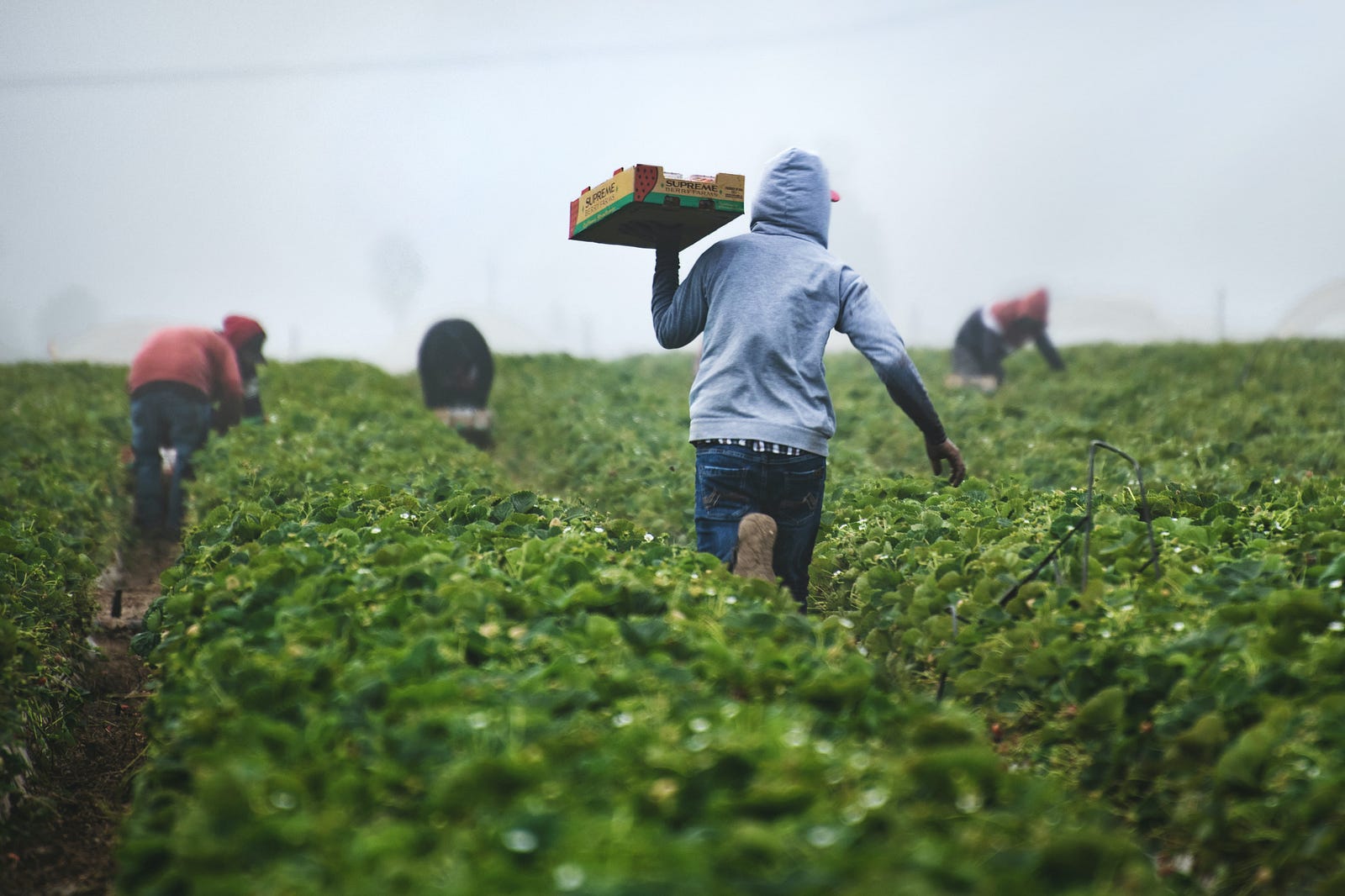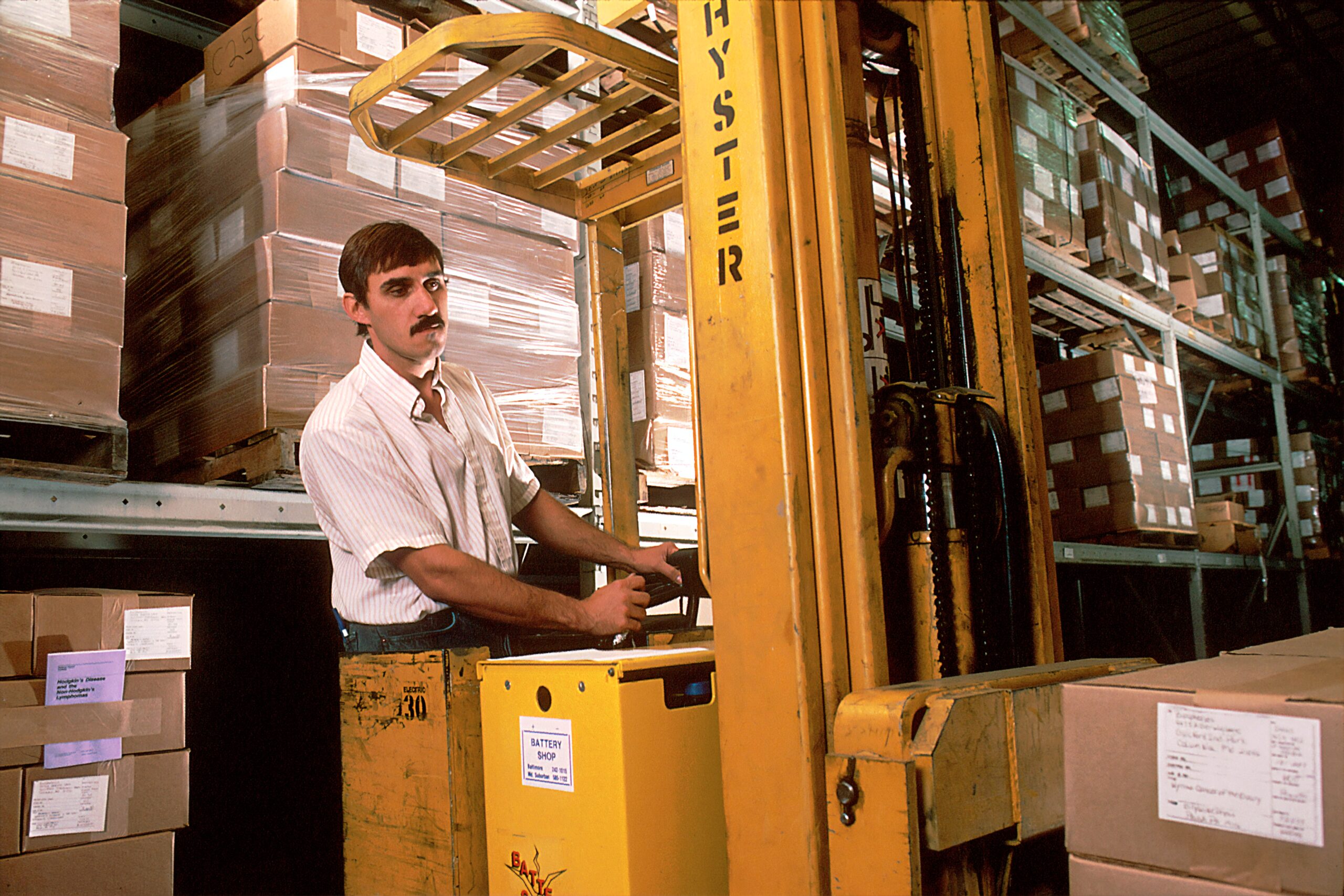Work is a massive part of our society, and it’s part of the driving force keeping our economies alive. What we define as work or labour varies, and regardless of whether one is teaching in a classroom, delivering a pizza, or even cooking the pizza (no pineapple please), all are necessary skills for a thriving economy.
However, there has been a long-standing myth that labour can somehow be divided into skilled and unskilled. This division tends to class white collar jobs as “skilled work” and leaves those who don’t work in an office or have white collar jobs as “unskilled work”.
Unskilled labour is a myth, lie, and outright fallacy that discriminates against workers and keeps those in these so-called “unskilled jobs” from deserving any rights for the services they provide. Every job requires some kind of skill, and it plagues my mind how such a trick can be played for so long.
What the hell is unskilled labour?
A perfect title for a question I constantly ask myself and sometimes say out loud when reading news headlines. Since every job requires some skill, shouldn’t everyone be a skilled worker? Not according to the powers that be and their policies. A recent example that came to mind was “Fuel.” — Okay, I probably should say more than that — by fuel, I mean what happened in the UK last year the “fuel crisis”.
In a nutshell, for several weeks across the UK, there was a shortage of fuel and people had to either drive miles to find a station and wait hours in line or simply not drive anywhere. The words fuel crisis are in quotation marks because there was no real shortage of fuel.
Rather, it was more related to the panic bulk buying and supply chain issues with the vital element surrounding it all; lorry drivers. A simple google search of articles about lorry drivers can bring up negative labels using the word unskilled, which is used to describe the work lorry drivers do.
No job is “easy,” so there is no such thing as unskilled. These terms are solely used to continue to underpay and exploit workers in disguise.

The irony of it all is, these so-called unskilled workers are the people who held the power. I’m not quite sure how people think our petrol gets here if it’s just extracted from the ground and pumped straight into petrol stations. Our lorry drivers are at the core of almost any logistic service you can think of all while being subject to long shifts of up to 60 hours and strict time schedules which means they have to urinate in cups.
The connection between unskilled and rights.
A connection can be drawn between people who work in unskilled labour and their access to rights or lack off. In fact, I’d love to see a study which draws the parallel between how many so called “unskilled workers” are failing to get basic workers rights, healthy pensions and fair pay. An even juicier study could perhaps highlight the percentage of unskilled workers that go on strikes vs skilled workers. I can almost guarantee that there will be a high percentage in one over the other.
Drawing the connection to rights, let’s look at farmers, who for decades have been labelled as unskilled workers, even if they literally put food on our plates.
The largest protest in the history of the world was by farmers in India in 2020 who were protesting their right to stand up against large corporations. I highlighted this in an article here.Their worker’s rights were important then and are important now.
Another example are train drivers, who constantly get stick from the media about being “greedy” for wanting more money and a fair pension, I mean how dare they demand to be treated fairly.

Conclusion
Probably the most frustrating bit of this myth is the abuse behind closed doors. Vulnerable people from parts of Asia, Africa and the Middle East are often exploited to fill in these gaps in the labour market. However the gaps they fill aren’t the high-paying, protected jobs of the so-called “skilled” market. They tend to be the jobs nobody wants to do because of the stigma and working conditions.
Numerous investigative studies have exposed the absuse of migrants and their part in filling specific roles. A recent one I learnt is that wine (which I tend to indulge in) isn’t all machined powered but rather Syrian and Sudanese immigrant powered.
So who are the real people keeping our economy afloat and isn’t it high time they start getting the respect they deserve?




